What are Coal Gases
Coal gases, historically known as town gas, are a variety of gaseous fuels derived from the gasification of coal. These gases are primarily composed of hydrogen, methane, carbon monoxide, and volatile hydrocarbons, with small amounts of nitrogen, carbon dioxide, and other gases. They were once widely used for street lighting and residential heating before the adoption of natural gas and electricity. Today, coal gases find their applications in industrial processes and can be used to fuel internal combustion engines in gas turbine generators.
The generation of coal gases is a result of subjecting coal to a high-temperature process called gasification. During this process, coal reacts with oxygen and steam under controlled conditions to produce a combustible gas mixture. The resulting gas mixture is then cleaned and refined to remove impurities and by-products such as tar and particulates, which makes it suitable for use in various applications.
Coal gasification technologies vary according to the type of gasifier used—be it fixed bed, fluidized bed, or entrained flow—and the process conditions. Modern technological advancements have improved the efficiency and environmental impact of coal gas production. Businesses that require an on-site source of gaseous fuel or that seek to utilize low-grade coal resources effectively may consider coal gases as an alternative energy supply.
Types of Coal Gases
Coal gases are categorized based on the method of production and composition. Each type has its unique properties and common use cases:
Producer Gas: This is generated by blowing air through a bed of hot coal. Producer gas has a relatively low calorific value due to the presence of nitrogen from the air but can be used for industrial heating purposes where high temperatures are not required.
Water Gas: Produced by blowing steam through hot coal, water gas contains a higher proportion of hydrogen and carbon monoxide compared to producer gas. It has a higher calorific value and is used in processes requiring more intense heat, such as metal fabrication.
Syngas (Synthesis Gas): A mixture similar to water gas but often produced at larger scales and with more control over the composition. Syngas is utilized as an intermediate in producing chemicals like ammonia or methanol, as well as for electricity generation in gas turbine generators.
Coke Oven Gas: This by-product from the coking process in steel production contains valuable hydrocarbons such as benzene and toluene. After purification, it's used as a fuel or as a feedstock for chemical synthesis.
How to choose Coal Gases
Selecting the right type of coal gas depends on several factors related to the intended application. For businesses looking into using coal gases, especially in a B2B context where bulk purchasing is common, several considerations must be taken into account:
Firstly, it's important to understand the energy requirements of your operation—different types of coal gases have varying calorific values. For example, if high temperatures are necessary for your processes, water gas or syngas might be more appropriate due to their higher hydrogen and carbon monoxide content.
Secondly, consider the availability and cost-effectiveness of different types of coal gases. While some types may offer higher energy output, they might also come with higher costs or may not be readily available in certain regions.
Lastly, environmental regulations and company sustainability goals should guide your choice. Some types of coal gases can generate more pollutants than others during production and use; thus aligning your choice with environmental compliance is crucial.
Best Coal Gases on Alibaba.com
For businesses seeking reliable sources of coal gases for their industrial needs, Alibaba.com presents a vast marketplace that connects buyers with reputable suppliers across the globe. Whether you're looking for syngas for chemical synthesis or coke oven gas for fueling industrial furnaces, Alibaba.com facilitates the discovery and procurement process with an extensive range of options tailored to various industrial applications.
Alibaba.com's user-friendly interface simplifies searching for specific types of coal gases by allowing buyers to filter products based on their requirements. Additionally, Trade Assurance service enhances buyer confidence by safeguarding payments until delivery is confirmed. With Alibaba.com's global reach connecting buyers with suppliers from various regions, businesses can negotiate terms that best suit their operational needs and ensure continuity in their supply chain.
As a platform dedicated to making international trade more accessible and efficient, Alibaba.com ensures that businesses can find the right type of coal gases without the hassle typically associated with cross-border trade. With its commitment to facilitating B2B transactions and helping businesses scale up their operations efficiently, Alibaba.com serves as an ideal destination for sourcing coal gases suitable for diverse industrial applications.
Common FAQs for Coal Gases
What are coal gases used for in industrial settings?
Coal gases are predominantly used in industrial processes that require a source of combustible gas, such as heating for metal fabrication, as well as in the production of chemicals like ammonia and methanol. They can also fuel internal combustion engines in gas turbine generators.
How is coal gas produced?
Coal gas is produced through a process called gasification, where coal reacts with oxygen and steam at high temperatures to form a mixture of gases including hydrogen, methane, and carbon monoxide.
What are the environmental impacts of using coal gases?
The environmental impacts of using coal gases can include the emission of pollutants such as sulfur compounds and particulates. The specific impact varies depending on the type of coal gas and the purity of the final product.
How do I determine which type of coal gas is suitable for my business?
To determine the most suitable coal gas for your business, consider the calorific value required for your application, the cost-effectiveness of different types of coal gases, and compliance with environmental regulations.
Can coal gases be used as a substitute for natural gas?
In some applications, coal gases can be used as a substitute for natural gas, especially when modified to match the heating value and composition of natural gas.
Are there different technologies for coal gasification?
Yes, there are various technologies for coal gasification including fixed bed, fluidized bed, and entrained flow gasifiers, each with its own set of characteristics suitable for different types of coal and applications.
Is it possible to customize the composition of coal gases?
Customizing the composition of coal gases is possible during the production phase by adjusting the gasification process parameters or by subsequent treatment processes to obtain the desired quality.
What should I consider when purchasing coal gases in bulk?
When purchasing coal gases in bulk, consider factors like consistent supply availability, transportation logistics, storage requirements, and supplier reliability.
How does the calorific value of coal gases compare with other fuels?
The calorific value of coal gases generally varies but can be lower than other fuels like natural gas or diesel. However, it is often suitable for many industrial applications where high-grade fuels are not necessary.

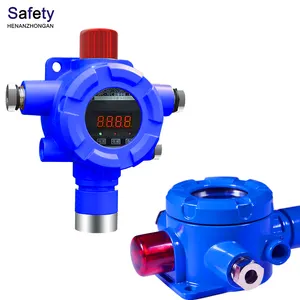



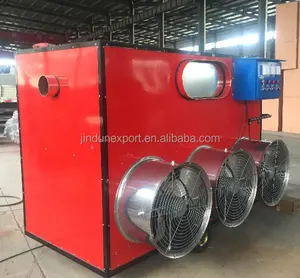

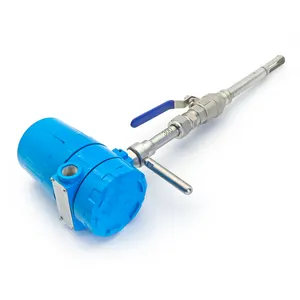



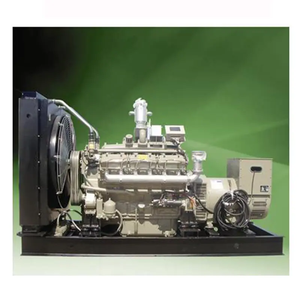


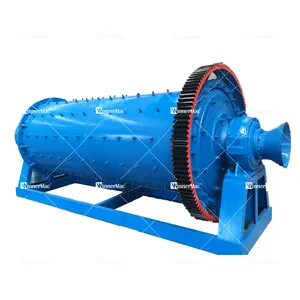


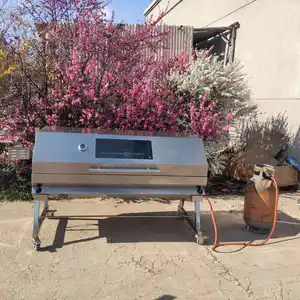
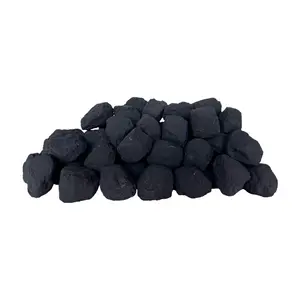


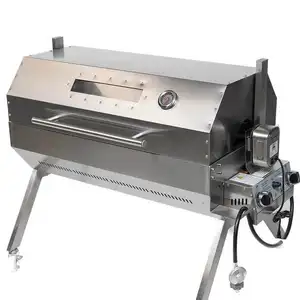


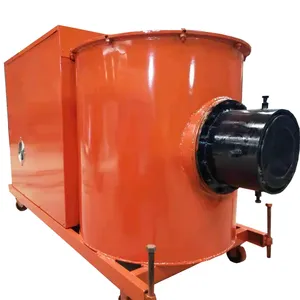


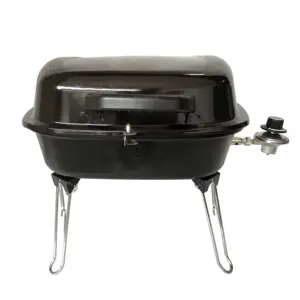
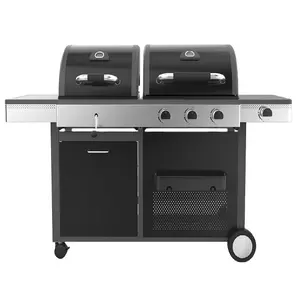










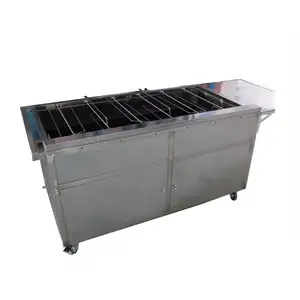
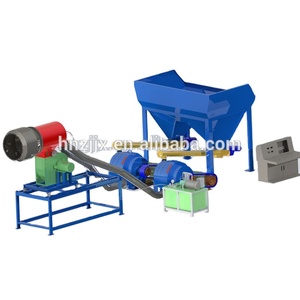

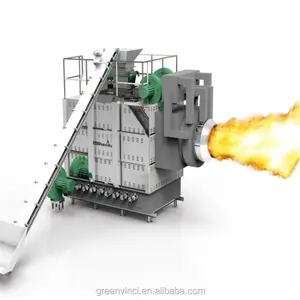

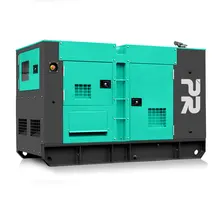






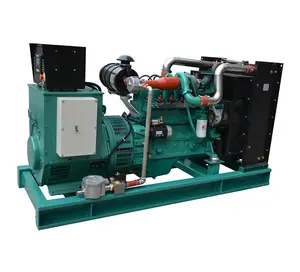




















 浙公网安备 33010002000092号
浙公网安备 33010002000092号 浙B2-20120091-4
浙B2-20120091-4